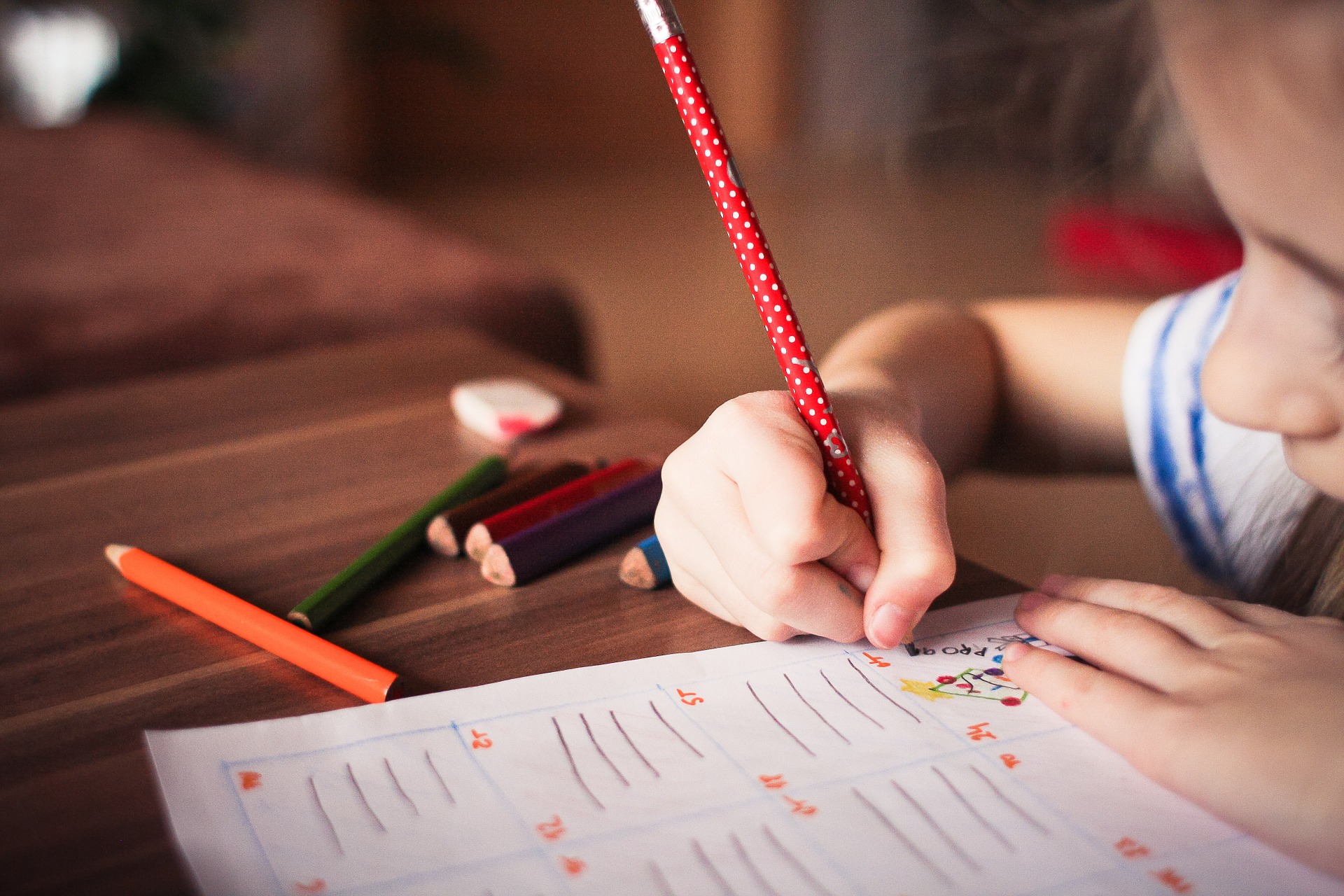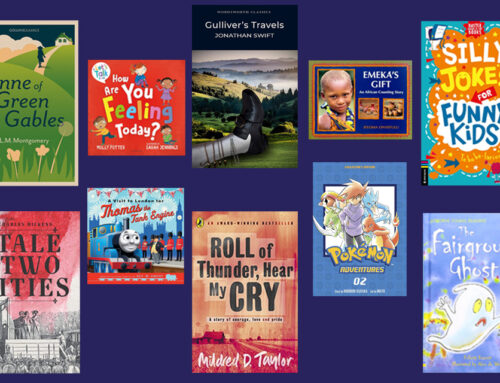From the Archive
This article was originally issued in the Spring 2013 edition of the print edition of Focus on Potential
Members may have read about the different profiles of high learning potential children on our website, or heard about them at our BIG Family Weekend. Here we set out in detail what an individual with each profile is like, what their needs are, how to support them at home and the kind of support they each need in education.
The profiles of high learning potential children come from the theory put forward by Prof George Betts and Dr Maureen Neihart, based on their research experience with gifted and talented children. The original theory was put forward in 1988 and was proposed as a framework for understanding the social, emotional and cognitive needs of the gifted. This has recently been updated to draw on the experience of the two decades that have lapsed since the introduction of the concept, which has seen both Prof Betts and Dr Neihart work extensively in other countries and continue their research in gifted and talented children.
Profiles of High Learning Potential
The Successful High Potential Learner has a good academic self-concept, is eager for approval from others and is, therefore, often motivated by others or by aiming for top marks. She achieves good results, conforms to social norms and enjoys learning. However, she can either become complacent about her ability or be highly self-critical. She tends to avoid taking risks as she fears failure, so chooses safe activities and doesn’t go beyond her comfort zone or what is required.
The Creative High Potential Learner has high energy levels and often uses these for creativity. He is honest and direct, has heightened sensitivity (emotional or senses), and stands up for his convictions. He expresses himself creatively and perseveres in his area of interest. He is bored and frustrated when under-challenged or asked to do tasks that do not include a portion of creative problem-solving. He enjoys ambiguity. He is uncertain about social rules, questions rules and challenges teachers. He may have poor self-control and may be in conflict with peers.
The Dual / Multiple Exceptional (DME) High Potential Learner is a good problem-solver, thinks conceptually, enjoys novelty and complexity, and makes connections easily. However, she is intensely frustrated and may have poor self-control. She is prone to discouragement and may be disruptive in class. She is disorganised and slow in information processing. She doesn’t see herself as successful and doesn’t know where to belong. She may seem average or below as her difficulties mask her ability, and her work is inconsistent.
The Underground High Potential Learner has a desire to belong socially and moves from one peer group to the next. She feels unsure and conflicted. She has a diminished sense of self and is not connected to either the teacher or her peers. She is ambivalent about achievement and may view good results as a betrayal of her social group. She denies her talents, rejects challenge, and is unsure of her direction in life. She has a tendency to internalise and personalise societal ambiguities and conflicts.
The At-Risk High Potential Learner creates crises and causes disruptions. He is resentful, angry, defensive, reckless and manipulative. He is resistive to authority and critical of himself and others. He pursues outside interests but has low academic achievement. He is not motivated by teacher driven rewards, but will work with guidance from a mentor. He is often creative, thrill seeking and may be self-isolating.
The Autonomous High Potential Learner works independently, is self-motivated and self-directed, and is resilient. He possesses appropriate social skills and shows tolerance and respect for others. He follows his strong areas of passion, seeks challenge, and is willing to take risks and to learn from failure. He is ambitious, but may not view academics as one of his highest priorities. He is self-confident, has an understanding of himself, and is a good self-regulator. He learns for depth and understanding.
Supporting a Successful High Potential Learner
First and foremost, a successful high potential learner needs challenge and practice at taking intellectual risks. She needs to develop both her creativity and independent learning skills. She needs to understand for herself that putting effort into something means she will get better at it. She may need help to develop a good understanding of herself, to see what weaker areas she needs to work on, and to develop her assertiveness skills.
To support a successful high potential learner at home:
- Provide risk-taking experiences
- View distress as a learning opportunity
- Affirm ability to cope with challenges
- Allow freedom to make choices
- Develop independence
To support a successful high potential learner in education:
- Challenge through differentiation or acceleration (partial or complete)
- Provide activities that push outside comfort zone
- Develop independent learning skills
- Allow in-depth study
- Challenge through working with intellectual peers
- Consider a mentor or buddy programme
- Give high aspiration
Supporting a Creative High Potential Learner
A creative high potential learner needs support for their creativity and less pressure to conform. He will benefit from being connected with other, like-minded creative people. He needs to learn tact, flexibility, self-awareness and self-control. Developing interpersonal skills will enable him to affirm others and to sell his ideas well. He may need strategies to cope with potential psychological vulnerabilities. Contractual systems may need to be put in place to motivate him to achieve in areas that are not his passion.
To support a creative high potential learner at home:
- Allow to pursue passions
- Affirm strengths and communicate confidence in abilities
- Have respect for his goals
- Tolerate non-conformity when appropriate
- Work on family projects
- Keep busy
- Model appropriate behaviour
- Discuss social rules
To support a creative high potential learner in education:
- Place with appropriate, understanding teachers
- Communicate clearly and directly
- Allow non-conformity (when possible)
- Give training in specific area of passion / ability
- Provide instruction in social skills
Supporting a Dual / Multiple Exceptional (DME) High Potential Learner
A DME high potential learner needs an environment that focuses on her strengths and develops them. She needs coping strategies and skill development to compensate for her difficulties, as well as monitoring for additional difficulties. She needs to learn to persevere and to be assertive to communicate her needs.
To support a DME high potential learner at home:
- Focus on strengths and accommodate difficulties
- Recognise and affirm abilities
- Challenge and risk-taking in strength areas
- Teach to set realistic goals
- Develop will to succeed
- Nurture self-control
To support a DME high potential learner in education:
- Challenge in area of strength
- Provide accommodations for difficulties
- Work with intellectual peers
- Teach resilience
- Teach self-control
- Have a consistent approach at home and school
Supporting an Underground High Potential Learner
An underground high potential learner needs support for her abilities and help to understand and accept herself and her talents. She needs to identify with other high potential peers and someone to listen to what she has to say. Role models who can cross cultures will be of benefit to an underground high potential learner. She needs to develop higher aspiration and the freedom to make choices.
To support an underground high potential learner at home:
- Give acceptance and affirmation
- Help to plan for the future and raise aspiration
- Provide opportunities to meet intellectual/interest peers
- Find role models who take an interest
- Don’t compare with others (including siblings)
- Model lifelong learning
To support an underground high potential learner in education:
- Provide a welcoming learning environment
- Give recognition for talent
- Have discussions about discrimination and culture
- Find role models, mentors, buddies who can help to set goals
- Provide social skills instruction
- Give careers advice with raising of aspiration
Supporting an At-Risk High Potential Learner
An at-risk high potential learner needs safety and structure, as well as confrontation and accountability for disruptions. He may need an alternative environment or an individualised education plan. He needs someone to help with direction and short term goals. He may need professional counselling to get back on track.
To support at-risk high potential learner at home:
- Communicate confidence in ability
- Hold accountable for misdemeanours
- Minimise punishments
- Keep dialogue open and preserve relationships
- Involve in extra-curricular activities
To support at-risk high potential learners in education:
- Preserve high expectations
- Get evidence of ability
- Give study skills help
- Find coach, mentor, role model to discuss academics
- Discuss alternative options
Supporting an Autonomous High Potential Learner
An autonomous high potential learner needs support for risk-taking and challenge. He needs feedback about his strengths and to know about the possibilities open to him. He needs to be enabled to pursue his areas of interest and continued growth. He needs to develop his independence and become more adept at managing himself.
To support an autonomous high potential learner at home:
- Provide opportunities related to passion areas
- Allow friendships to develop regardless of age
- Limit time and space restrictions to learning
- Include in family decision-making
- Listen to them
- Advocate for them
To support an autonomous high potential learner in education:
- Consider acceleration options
- Find mentor, role model, coach
- Allow time with intellectual peers
- Remove barriers
- Develop a long-term integrated plan
It is hoped that the information in this article will help parents to understand their high learning potential child’s profile better, why certain approaches work better than others, and give some ideas for support that may not have been tried. The strategies recommended for supporting a child at home and in education would form the basis of recommendations for a child with each of the profiles and can be used to ensure appropriate provision is in place.






